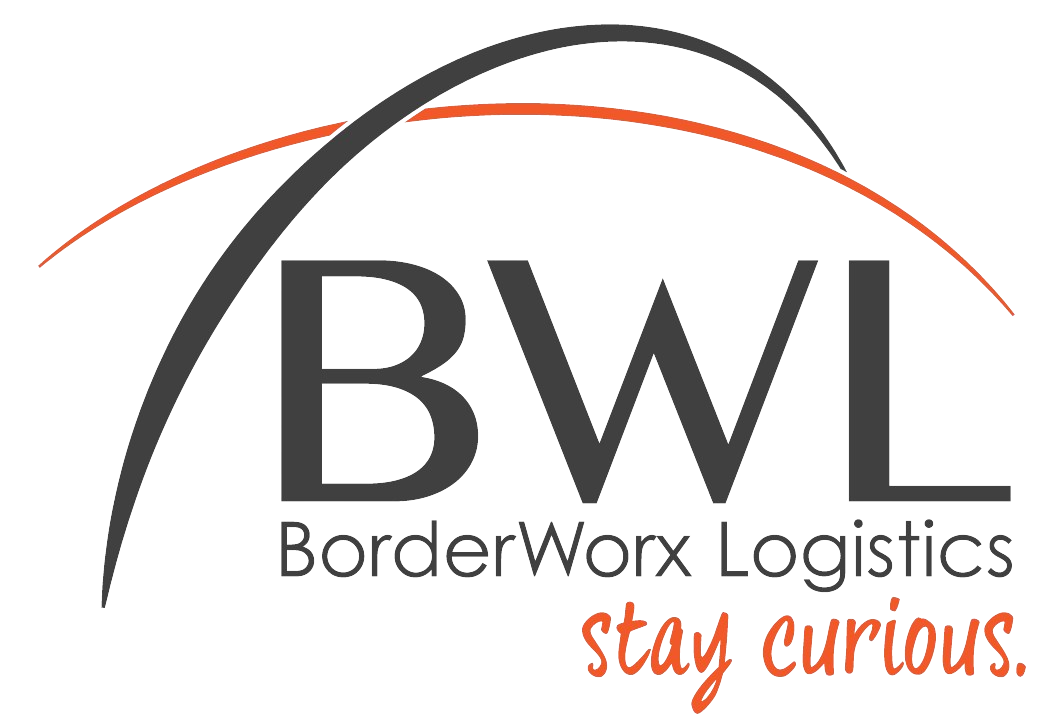In the interconnected global marketplace, Canadian businesses frequently rely on imported goods and materials. However, the costs associated with importing can significantly impact a company’s bottom line. Understanding and optimizing these costs is essential for maintaining competitiveness and profitability. Let’s delve into a comprehensive guide to reducing import expenses for Canadian enterprises.

1. Strategic Tariff Classification
Correct tariff classification is paramount. Misclassification can lead to overpayment of duties and taxes, creating unnecessary financial burdens. Partnering with a knowledgeable customs broker can ensure accurate classification and potential duty drawbacks or exemptions. Thoroughly understanding the Harmonized System (HS) codes and their implications is vital for cost optimization.
2. Leveraging Free Trade Agreements (FTAs)
Canada has established numerous FTAs with countries worldwide. Utilizing these agreements can substantially reduce or even eliminate import duties on eligible goods. Ensuring your products meet the rules of origin stipulated in the relevant FTA is crucial to unlock these benefits.
3. Exploring Duty Deferral Programs
The Canada Border Services Agency (CBSA) offers duty deferral programs like the Duty Deferral Program (DDP) and the Customs Bonded Warehouse Program. These programs allow businesses to postpone duty and tax payments, improving cash flow and offering financial flexibility.
4. Optimizing Shipping Methods
- Less-Than-Truckload (LTL) Shipping: Consolidating smaller shipments with other importers through LTL shipping can significantly lower transportation costs compared to full truckload (FTL) options.
- Negotiating with Carriers: Building strong relationships with carriers and freight forwarders can lead to better rates and service levels. Consider comparing quotes from multiple providers to secure the most competitive deals.
- Consolidating Shipments: Combining multiple orders into fewer shipments can reduce per-unit shipping costs and minimize customs clearance fees.
5. Partnering with a Customs Broker
Customs brokers possess expertise in import regulations, documentation, and procedures. Their guidance can streamline the import process, prevent costly delays, and ensure compliance with all relevant laws. Consider a broker’s fees an investment in efficiency and risk mitigation.
6. Value-Added Tax (VAT) Recovery
If your business incurs foreign VAT on imported goods or services, you may be eligible for a refund. Partnering with a VAT recovery specialist can help you navigate complex regulations and recover these expenses.
7. Currency Exchange Strategies
Fluctuating exchange rates can significantly affect import costs. Implementing currency hedging strategies or working with a foreign exchange specialist can help mitigate risks and secure favorable rates.
8. Streamlining Supply Chain Management
Efficient supply chain management is key to minimizing costs. Utilizing technology solutions for inventory tracking, demand forecasting, and supplier management can enhance efficiency, reduce waste, and optimize the flow of goods.
9. Due Diligence on Suppliers
Choosing reliable suppliers with a proven track record can prevent unexpected delays, quality issues, and additional costs. Conduct thorough research on potential suppliers, verify their credentials, and establish clear expectations in your contracts.
10. Continuous Improvement
The import landscape is dynamic. Regularly reviewing your import processes, staying informed about regulatory changes, and seeking opportunities for cost reduction should be ongoing practices.
Key Considerations:
- Accurate Documentation: Ensure all import documentation is accurate and complete to avoid delays and penalties.
- Insurance: Adequate insurance coverage can protect against loss or damage during transit.
- Lead Time: Factor in lead time for customs clearance and transportation to avoid production disruptions.
In Conclusion
Navigating the complexities of importing can be daunting, but with careful planning and strategic execution, Canadian businesses can significantly reduce their import costs. By implementing the strategies outlined in this guide, you can enhance your competitiveness, boost profitability, and thrive in the global market.
Borderworx: Your Strategic Partner in Seamless Import Management
With over 20 years of experience in the Canadian and US markets, Borderworx is a trusted name in customs brokerage and logistics. Our team of expert brokers possesses in-depth knowledge of complex customs regulations, ensuring accurate tariff classification, compliance, and duty optimization for your shipments. We go beyond transactional brokerage by offering proactive consulting to identify potential savings, streamline your supply chain, and mitigate risks. Our commitment to transparent communication and personalized service ensures a smooth and efficient import experience tailored to your specific needs. Choose Borderworx to lower your import costs and transform your import operations into a strategic advantage.
